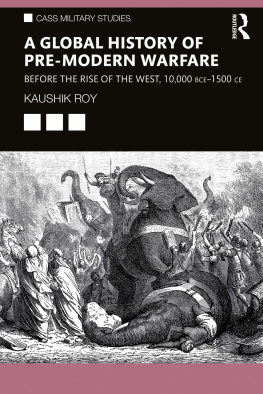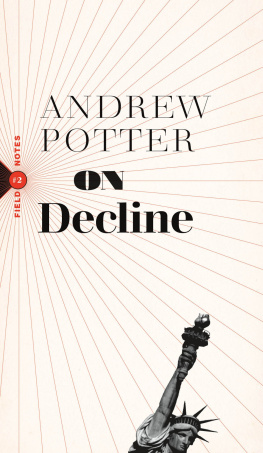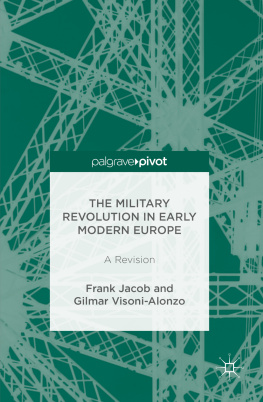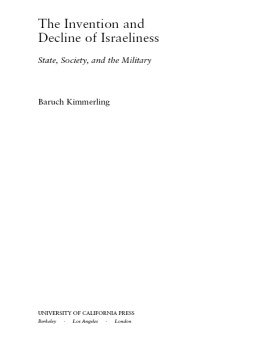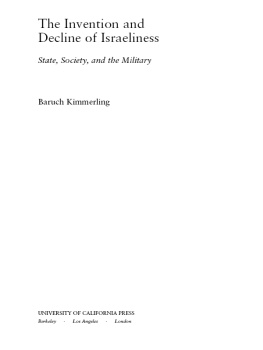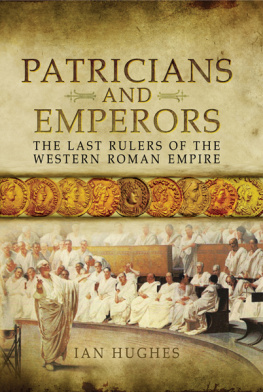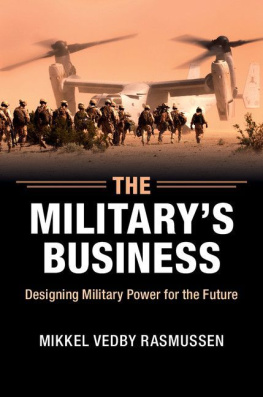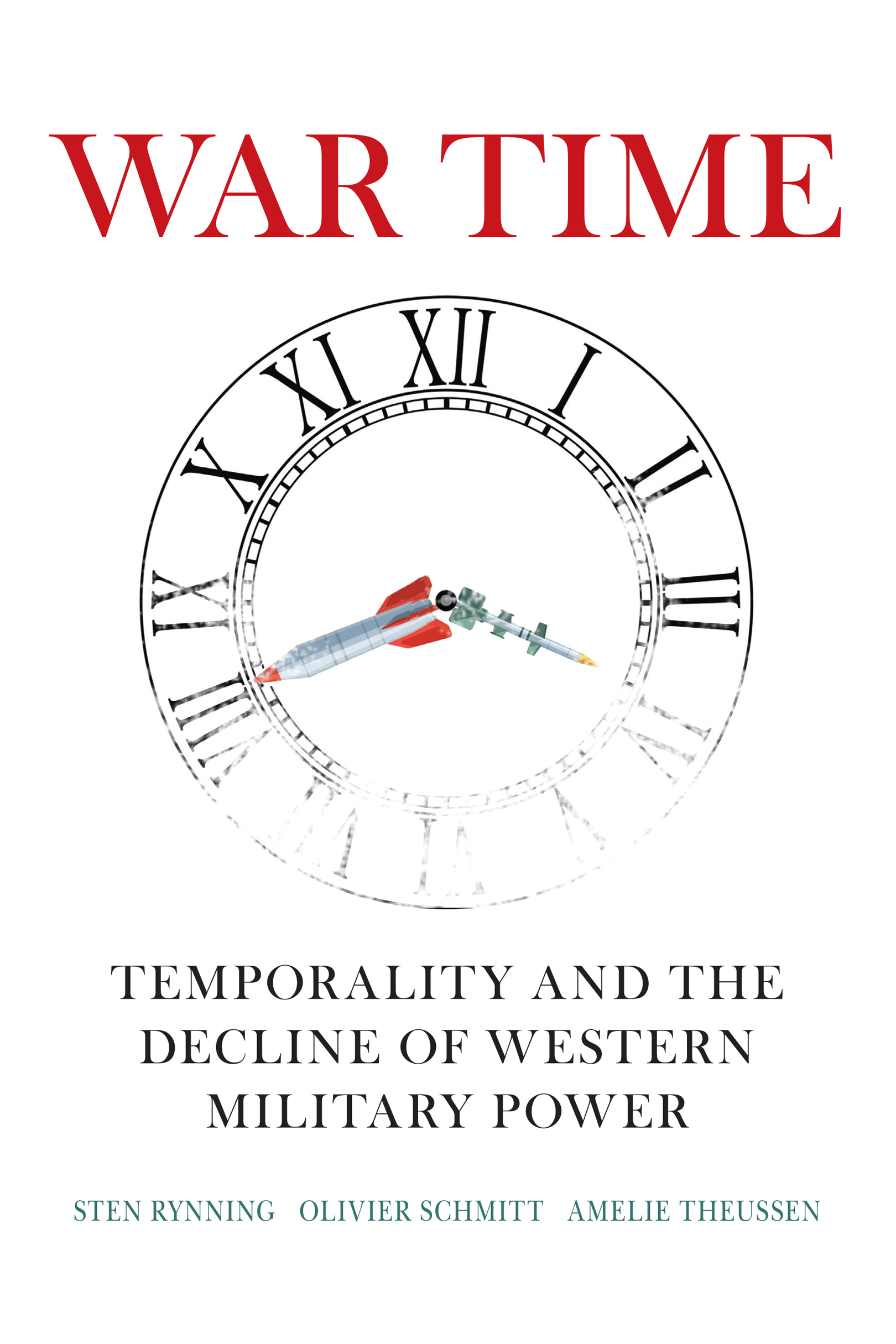Sten Rynning - War Time: Temporality and the Decline of Western Military Power
Here you can read online Sten Rynning - War Time: Temporality and the Decline of Western Military Power full text of the book (entire story) in english for free. Download pdf and epub, get meaning, cover and reviews about this ebook. City: Washington, D.C., year: 2021, publisher: Brookings Inst. Press/Chatham House, genre: Science / Politics. Description of the work, (preface) as well as reviews are available. Best literature library LitArk.com created for fans of good reading and offers a wide selection of genres:
Romance novel
Science fiction
Adventure
Detective
Science
History
Home and family
Prose
Art
Politics
Computer
Non-fiction
Religion
Business
Children
Humor
Choose a favorite category and find really read worthwhile books. Enjoy immersion in the world of imagination, feel the emotions of the characters or learn something new for yourself, make an fascinating discovery.
- Book:War Time: Temporality and the Decline of Western Military Power
- Author:
- Publisher:Brookings Inst. Press/Chatham House
- Genre:
- Year:2021
- City:Washington, D.C.
- Rating:3 / 5
- Favourites:Add to favourites
- Your mark:
War Time: Temporality and the Decline of Western Military Power: summary, description and annotation
We offer to read an annotation, description, summary or preface (depends on what the author of the book "War Time: Temporality and the Decline of Western Military Power" wrote himself). If you haven't found the necessary information about the book — write in the comments, we will try to find it.
Perceptions of time contributed to recent Western military failings
The decline of the West is once again a frequent topic of speculation. Often cited as one element of the alleged decline is the succession of prolonged and unsuccessful warsmost notably those waged in recent decades by the United States. This book by three Danish military experts examines not only the validity of the speculation but also asks why the West, particularly its military effectiveness, might be perceived as in decline.
Temporality is the central concept linking a series of structural fractures that leave the West seemingly muscle-bound: overwhelmingly powerful in technology and military might but strategically fragile. This temporality, the authors say, is composed of three interrelated dimensions: trajectories, perceptions, and pace.
First, Western societies to tend view time as a linear trajectory, focusing mostly on recent and current events and leading to the framing of history as a story of rise and decline. The authors examine whether the inevitable fall already has happened, is underway, or is still in the future.
Perceptions of time also vary across cultures and periods, shaping socio-political activities, including warfare. The enemy, for example, can be perceived as belong to another time (being backward or barbarian). And war can be seen either as cyclical or exceptional, helping frame the publics willingness to accept its violent and tragic consequences.
The pace of war is another factor shaping policies and actions. Western societies emphasize speed: the shorter the war the better, even if the long-term result is unsuccessful. Ironically, one of the Western worlds least successful wars also has been Americas longest, in Afghanistan.
This unique book is thus a critical assessment of the evolution and future of Western military power. It contributes much-needed insight into the potential for the Wests political and institutional renewal.
Sten Rynning: author's other books
Who wrote War Time: Temporality and the Decline of Western Military Power? Find out the surname, the name of the author of the book and a list of all author's works by series.



